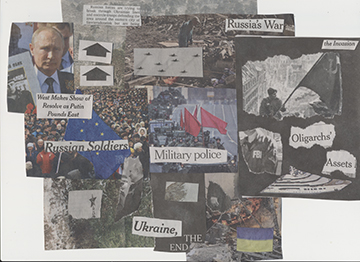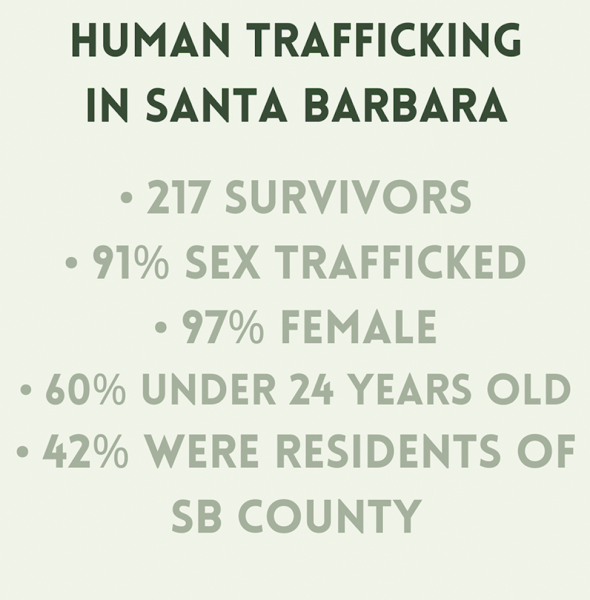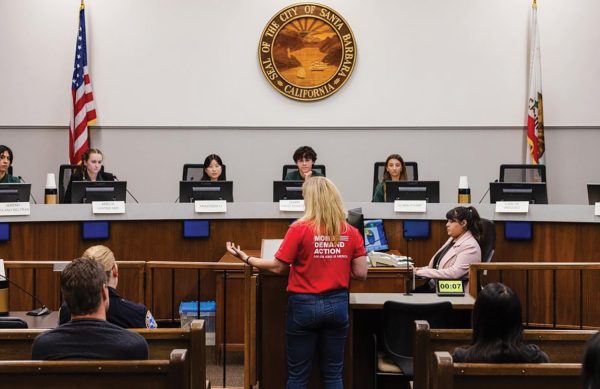Support Ukrainian Refugees
With millions of refugees fleeing relentless violence, the United States and allies look to increase humanitarian aid to confront the crisis.

May 16, 2022
Since Russia began its devastating invasion of Ukraine, more than 3.7 million Ukrainians have been forced to flee their country. Millions more have been displaced within Ukraine, feeling the war-torn east to the relative safety of the west. The human suffering of the war cannot be documented more thoroughly. Russia is pursuing a full-scale invasion of Ukraine, bringing war and violence to high-density urban areas, carpet bombing cities and committing war crimes against the civilian population.
Despite facing an advanced military, Ukraine has resisted the invasion and has thrown Russia back in key theaters of war.
Russia began its invasion with rapid assaults of key cities, sending columns of tanks and mechanized infantry through key towns with the goal of quickly taking over the countryside and Kyiv.
“Russia chose to pursue too many objectives from too many axes of advance. That worsened its logistics problems and meant that Russia could not muster sufficient combat power to achieve many of its initial objectives,” said military strategist Rob Lee, in a statement in an Economist article.
Instead of quickly overrunning the Ukrainian military, as they planned, Russia overstretched its forces, allowing Ukraine to ambush columns at will, stalling the advance around the country. Russia failed to break through hardened Ukrainian defenses while their lines of supply were attacked, leaving their soldiers without food, ammunition, and fuel.
Still, Russia continued to push into Kyiv until late March, when their military regrouped and focused on engaging eastern Ukraine in the Donbas and Mariupol.
“The Donbas is the last major offensive the Russian military can attempt given the current state and availability of forces. Whether it succeeds, or fails, the Russian military will be largely exhausted in terms of offensive potential,” wrote Michael Kofman, a expert on Russian military strategy.
“The general trajectory of correlation of forces in this war is not in Russia’s favor. If the Russian military sends units in piecemeal, sticking to roads, with narrow advances—they will be defeated by the UKR.”
Though the tides could be turning, Ukraine needs help. Millions of its citizens fleeing and the Ukrainian government faces a massive budget shortfall, according to President Biden, who called on Congress to pass emergency funding to help Ukraine.
In a $30 billion dollar proposed package, Biden outlined funding to address Ukraine’s “immediate and near-term security and economic needs” by funding military supplies, flexible budgetary grants, strategic food production, and humanitarian assistance.
“The United States needs to do more for refugees. Countries like Poland and Romania are taking millions, but they simply do not have the infrastructure to hold them long-term,” said senior George Nicks. “The United States should step in and take in refugees because we can hold them for the long-term.”
With Biden’s Ukrainian refugee resettlement program, United for Ukraine, the federal government seeks to house 100,000 refugees.
Any U.S. citizen or individual can apply to sponsor Ukrainian applicants on the Department of Homeland Security’s website.















